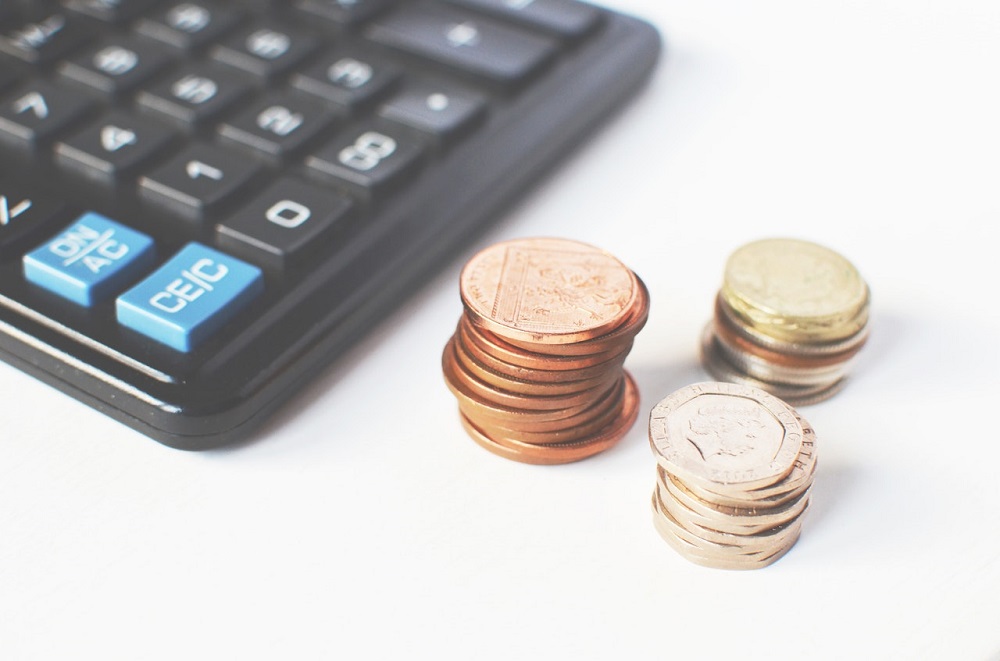Financial security requires more than a decent income. You need to think about how you’re going to use that income, too. This is the key to getting your money in order. In the same way that businesses need to focus on overheads to boost their profit margins, you need to focus on your regular expenditures to boost your monthly earnings.

You also need to find ways to increase your wealth in your spare time through investments. Additionally, monthly savings installments can help to secure your future. We’ll talk about those things in this article. Here are some smart ways to manage your personal finances.
Reduce unnecessary regular costs
First of all, you need to take a look at your budget. As mentioned in the introduction, managing your money is about focusing on more than your salary. Budgeting smartly is about how you use your salary. Obviously, living within your means is your priority; you want to spend less than you earn, so you can avoid borrowing money and accumulating debt to cover your regular costs. Reducing non-essential expenses can take you a long way, of course. Limiting your luxury expenditures by taking out a fixed sum of money for fun purchases on a monthly basis might help you to stick to your budget. As has been explained on this blog before, a spending limit can save you a lot of money on your shopping.
Still, you might struggle to cover your costs and have money remaining for the future, even if you reduce or simply avoid luxury expenses. However, certain basic costs can be wasteful, too. That doesn’t mean you have to cut essential expenditures out of your life; it just means you have to find cost-effective ways to get the important things you need. Take your utility bills, for example. You could reduce your energy consumption by insulating your windows, walls and attic. If you keep your home naturally warm, then you won’t need to spend as much money on heating your household. You might also want to check out https://www.epcforyou.co.uk/location/epc-london/ for energy consultants. These professionals could give you useful advice to reduce your energy-related costs. The key to saving money is finding cheaper ways to buy the things you already use (without compromising on quality, of course).
Start investing some of your earnings
Investing your money wisely is important if you want to get your finances in shape, too. So, you should start investing some of your earnings if you want to be fiscally responsible. You might be able to get your present-day costs in shape, but what about the future? Making investments can give you additional sources of income to go towards your future savings. You might want to do some research on the property market. Investing in real estate can be a very smart move if you’re a new investor. Properties are relatively straightforward assets to understand, after all. You just need to decide whether you want to buy to lease or buy to sell, depending on whether you want to make long-term investments or not. You could check out https://www.money.co.uk/guides/how-to-invest-in-property.htm for help with investing in properties.
Save up some money for the future
It’s also worth saving up some money regularly if you want to manage your personal finances well, both in the present and the future. You might want to set up a standing order to yourself and transfer a portion of your earnings from your main account to your savings account on a monthly basis. If you set this up to happen on your payday, you’ll be able to pay yourself first, and that’ll help to ensure you save your money before you have a chance to spend it. So, if you want to improve your future financial situation, then start planning ahead. It’s never too early or too late to make monetary preparations for your retirement or big costs that might be waiting for you down the road, such as buying a house.
Featured post
© Copyright 2019 Antonia, All rights Reserved. Written For: Tidylife


Leave a Reply